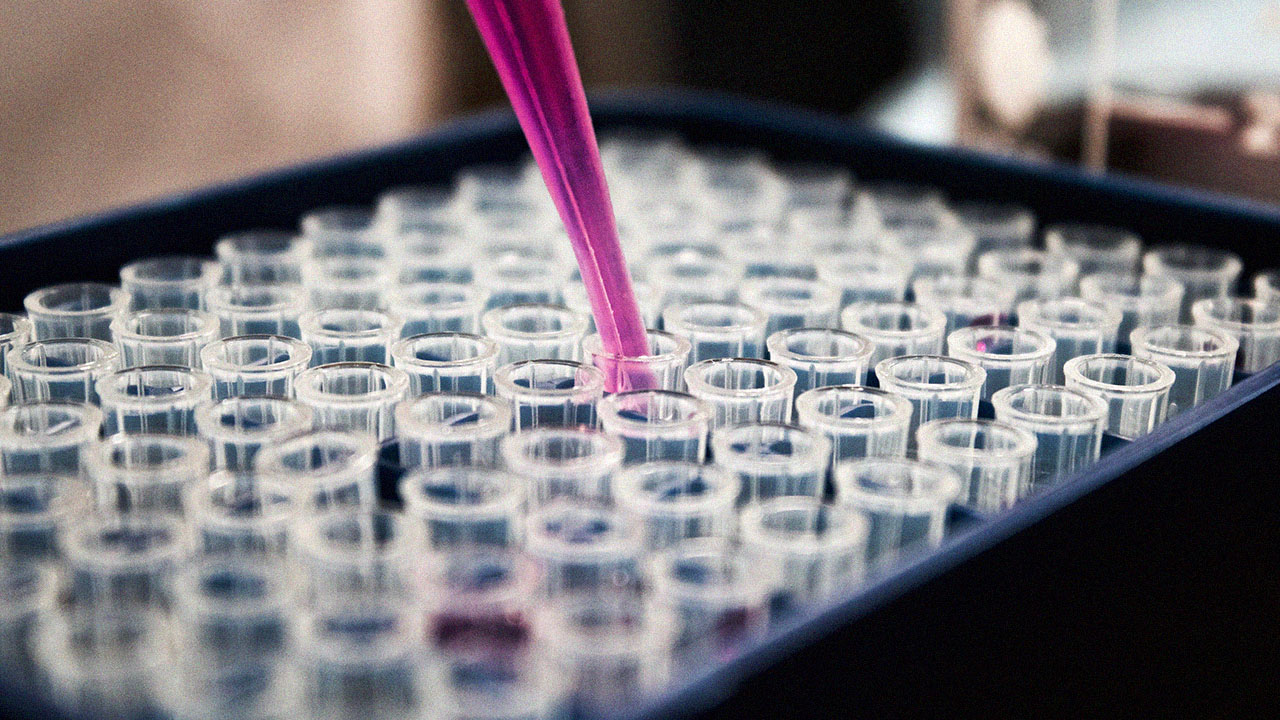+49 (0) 241 9809 2730 E-Mail
info@enua.de
Patients with a serious illness have been entitled to cannabis therapy under certain conditions since March 2017.

enua. Our focus is on the patient.

On March 10, 2017, the Cannabis as Medicine Act was passed unanimously in the Bundestag. In the Social Code (SGB V), the prescribability as a benefit of the statutory health insurance was regulated. In addition, regulations in narcotics law were also amended. Since the law came into force, doctors of all specialties, with the exception of dentists and veterinarians, have been allowed to prescribe therapy with medical cannabis for serious medical conditions. Translated with www.DeepL.com/Translator (free version)

Your primary care physician or specialist may prescribe medical cannabis if...
Make an appointment with your primary care physician or specialist.
In the discussion with your doctor, the aim should be to find a way together to positively influence the course of your disease. Your doctor knows your clinical picture and has a lot of experience in treating your symptoms.
If there is a prospect of a positive course of the disease and symptom relief in your case, you can obtain a prescription from your doctor.
treated with medical cannabis
Alzheimer's disease is the most common form of dementia. Medical cannabis can act on the aging process in the brain, stimulating mental activity and thus ensuring more activity. Loss of sleep and appetite, common symptoms of Alzheimer's, can also be counteracted with medical cannabis.
Crohn's disease is a long-lasting condition that includes inflammation of the gastrointestinal tract. Fever, diarrhea, abdominal pain and weight loss are symptoms of Crohn's disease. Studies have already shown that medical cannabis reduces the symptom severity.
Dravet and Lennox-Gastaut syndromes are forms of epilepsy that are very complicated to treat due to their severity. Only about five to ten percent of affected patients remain seizure-free following treatment with conventional medication. Medical cannabis has already been shown to effectively counter the abruptly occurring seizures.
Once MS has been diagnosed, there is no way to influence its cause or course. Not even with medical cannabis. Symptomatic therapy can help alleviate the impact of this disease by, for example, reducing muscle spasms.
Muscle cramps can occur in a wide variety of contexts and can be very unpleasant. CBD in particular has a decramping effect and can thus help affected patients.
Studies show that THC has a preventive effect against strokes. This is because the cannabinoid can prevent arteriosclerosis, a common cause of strokes. CBD, on the other hand, has an anti-inflammatory effect and can therefore - according to Geneva scientists - also favorably influence the progress of arteriosclerosis.
Cannabis stimulates the appetite - and that can be helpful in some clinical pictures, such as Alzheimer's disease. Affected people often forget when they last ate something or have less appetite on their own.
Chemotherapy is very stressful for the human body. Patients often suffer from nausea and vomiting. Medical cannabis can be a useful tool here. Chemotherapy is also often accompanied by pain that can be alleviated by medical cannabis. Research has also documented the effect of medical cannabis on nerve pain.
Glaucoma - also known as glaucoma - can also be treated with medical cannabis. A major problem here is intraocular pressure, which can be reduced considerably by taking cannabis.
Wasting syndrome is the uncontrolled loss of at least 10% of a patient’s bodyweight. Other symptoms include fever and fatigue. Medical cannabis has a relaxing, appetite-stimulating and anti-inflammatory effect in such cases.
By vaporizer, that is, with a vaporizer, medical cannabis can be consumed easily and gently. A vaporizer is easy to carry around and refill as needed. Unlike traditional smoking, vaporization does not produce any unwanted vapors.
Despite all controls and testing, adverse side effects can occur when taking cannabis medicines.
In particular, immediately after ingestion or in the following hours. Namely these:
When cannabis of unknown, often illegal, origin is used, there is always a chance the product is contaminated with pesticides, growth enhancers, heavy metals or microbes. These contaminants are very damaging to the health of a patient. Bedrocan’s medicinal cannabis is quality controlled by an external, internationally certified laboratory. The results of the analysis of every batch are presented in a Certificate of Analysis (CoA).

Here we present you the most important FAQs.
The effect of medical cannabis is largely dependent on the composition of the cannabinoids it contains. A total of more than 85 different cannabinoids are known, some of which have very different effects. The most well-known cannabinoids and their modes of action:
THC and CBD - the best known cannabinoids
Probably the best known cannabinoids are tetrahydro-cannabinol (THC) and cannabidiol (CBD). THC has a more relaxing and sedative effect, while CBD has more of an anti-anxiety, anti-psychotic and anticonvulsant effect.
Cannabis can be used in many ways. Therapeutic successes have already been noted with the following complaints or diseases: